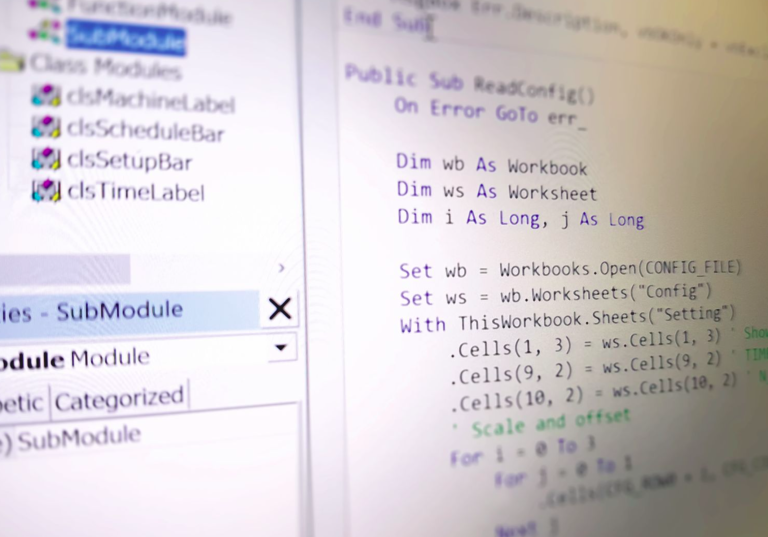The Role of AI in Enhancing Urban Planning
Urban planning is the backbone of sustainable city development, ensuring that communities are designed for both functionality and livability. As cities continue to grow, the complexities involved in urban planning have increased exponentially. Enter artificial intelligence (AI) – a transformative force capable of reshaping how cities are planned and managed. This blog post explores the role of AI in enhancing urban planning, shedding light on its applications, benefits, and the future of smart cities.
Understanding AI in Urban Planning
AI, or artificial intelligence, refers to the simulation of human intelligence in machines designed to think and learn like humans. In the context of urban planning, AI’s role spans a wide array of applications, from data analysis and prediction to autonomous decision-making and optimization of resources.
Data-Driven Decision Making
One of the most significant contributions of AI to urban planning is its ability to process and analyze vast amounts of data efficiently. Cities generate massive amounts of data every day, including traffic patterns, demographic information, and environmental metrics. AI algorithms can sift through this data, identifying patterns and trends that human planners might miss.
According to a report by McKinsey, the global smart city market is expected to reach $2.57 trillion by 2025, driven largely by AI technologies that enhance data-driven decision-making processes. Cities like Singapore and Barcelona are already leveraging AI to optimize traffic flows and reduce congestion, resulting in improved urban mobility and reduced pollution levels.
Predictive Analytics for Urban Development
Predictive analytics, powered by AI, enables urban planners to anticipate future challenges and opportunities. By analyzing historical data, AI can forecast population growth, housing demand, and infrastructure needs, allowing cities to plan proactively rather than reactively.
For instance, AI-powered predictive analytics helped the city of Los Angeles to identify areas prone to gentrification, enabling the city to implement policies that protect vulnerable communities from displacement.
Optimizing Resource Allocation
Efficient resource allocation is critical in urban planning, where resources are often limited. AI can optimize the allocation of resources such as water, energy, and public transportation by analyzing consumption patterns and predicting future demand.
In Amsterdam, AI algorithms are used to optimize the distribution of electricity during peak hours, ensuring a stable supply while minimizing waste. This approach not only reduces costs but also promotes sustainability in line with global climate goals.
Benefits of AI in Urban Planning
The integration of AI in urban planning offers numerous benefits, making cities smarter, more sustainable, and livable. Here are some key advantages:
Improved Efficiency and Cost Savings
AI-driven solutions streamline urban planning processes, reducing the time and resources needed for analysis and implementation. This efficiency translates into significant cost savings for municipalities, freeing up funds for other critical projects.
Enhanced Public Safety and Security
AI technologies, such as facial recognition and predictive policing, enhance urban security by identifying potential threats and preventing crimes. While these technologies raise ethical concerns, when used responsibly, they can significantly improve public safety.
Increased Citizen Engagement
AI-powered platforms facilitate citizen engagement by providing real-time feedback and enabling participatory planning processes. This fosters a sense of community ownership and ensures that urban development aligns with the needs and preferences of residents.
Challenges and Considerations
Despite its potential, the integration of AI in urban planning is not without challenges. Here are some considerations:
Data Privacy and Security
The use of AI in urban planning relies heavily on data collection and analysis, raising concerns about privacy and security. It is essential for cities to implement robust data protection measures and ensure transparency in AI applications.
Ethical Concerns
AI technologies, particularly in surveillance and policing, raise ethical questions about bias and discrimination. Urban planners must work with ethicists and policymakers to develop guidelines that ensure fair and equitable use of AI.
Skill Gaps and Workforce Implications
The adoption of AI in urban planning requires a skilled workforce capable of developing and managing AI systems. Cities must invest in training and education programs to bridge skill gaps and ensure a smooth transition to AI-driven planning processes.
The Future of AI in Urban Planning
The future of urban planning is undeniably intertwined with AI advancements. As AI technologies continue to evolve, we can expect cities to become more adaptive, resilient, and sustainable. Here are some trends to watch:
Integration of IoT and AI
The Internet of Things (IoT) and AI are a powerful combination that will revolutionize urban planning. IoT devices collect real-time data, while AI analyzes this data to optimize city functions, from traffic management to waste collection.
AI-Driven Environmental Sustainability
AI can play a crucial role in achieving environmental sustainability goals. By optimizing resource use and reducing emissions, AI helps cities combat climate change and promote green living.
Personalized Urban Experiences
AI has the potential to create personalized urban experiences for residents, tailoring services and amenities to individual preferences. This level of customization enhances quality of life and fosters a deeper connection between citizens and their cities.
Conclusion
AI is poised to transform urban planning, offering innovative solutions to the challenges faced by modern cities. By harnessing the power of AI, urban planners can create smarter, more sustainable cities that meet the needs of their residents. However, it is crucial to address the ethical and practical challenges associated with AI integration to ensure that the benefits are realized equitably. As we move towards a future where technology and urban development are increasingly intertwined, the role of AI in urban planning will only continue to grow, shaping the cities of tomorrow.
For cities looking to embrace AI in urban planning, it is essential to start small, pilot projects, and scale up based on success. Collaborating with technology partners and stakeholders is also key to navigating the complexities of AI implementation. By doing so, cities can unlock the full potential of AI and build thriving urban environments for generations to come.



